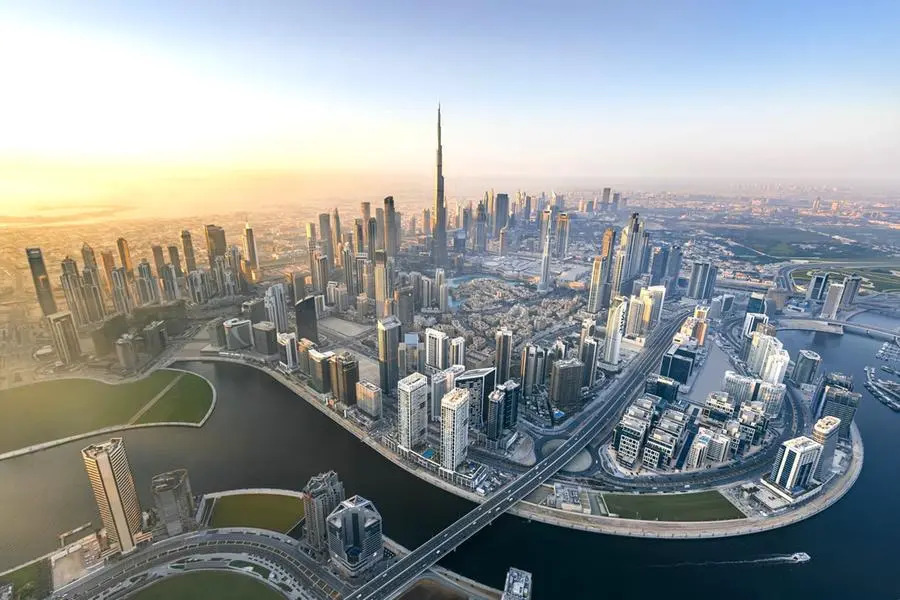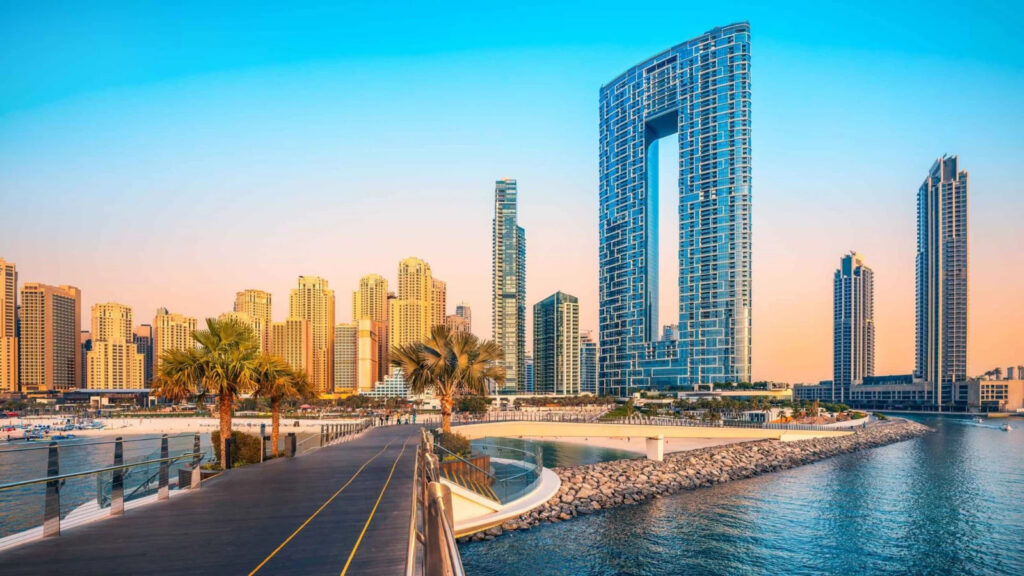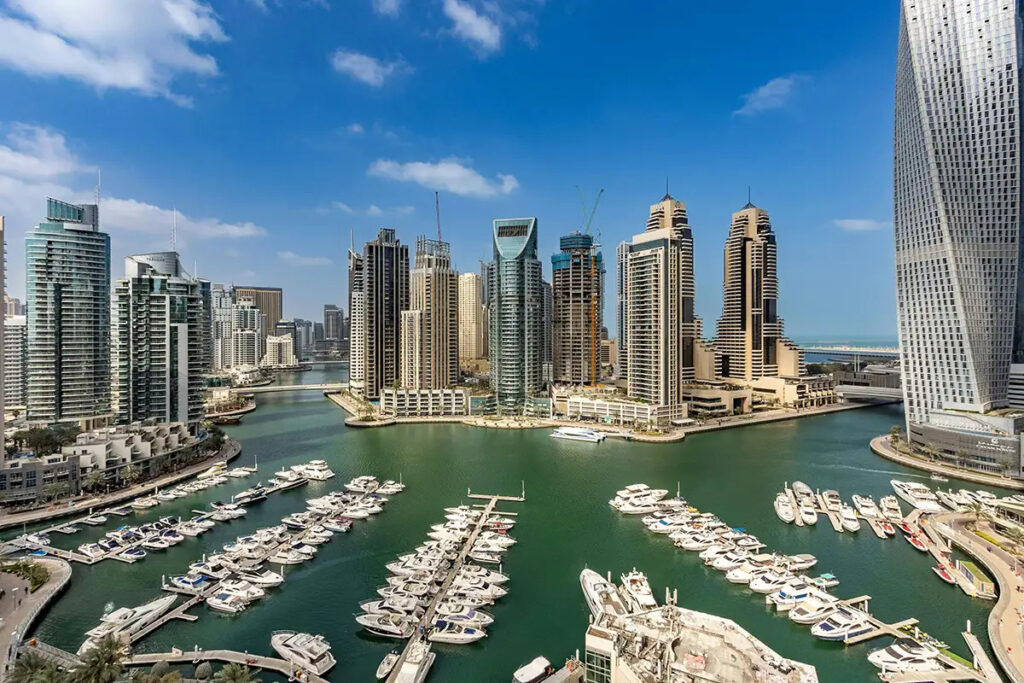The property market in Dubai is once again in the spotlight, having been among the top three cities in the world to record the fastest rate of increase in prime residential property value in the first half of 2025. High demand, increased activity in transactions, and low stock continue to place the city of Dubai at the top of the world’s real estate.

The World Cities Prime Residential Index by Savills shows that Dubai recorded a 5 percent increase in the price of prime property, making it better than the global average of 0.7 percent. The emirate has joined other leading real estate markets in the world, like Tokyo (8.8%) and Berlin (second place), to record the top rung of its real estate markets.
Table of Contents
What’s driving Dubai’s growth?
There are three key factors that experts attribute to powering this surge:
- Immigration and new residents: Dubai remains popular among high-net-worth individuals, long-term expatriates, and foreign investors due to the favorable resident policies and livability.
- Investor confidence: Foreign investors find Dubai as a stable investment with high returns as opposed to conventional markets such as London or New York.
- Low supply of prime homes: In areas that are highly sought after, like Palm Jumeirah, Jumeirah Bay, and Dubai Hills, where supply is low, high demand has resulted in rising prices.
Transactions surge in 2025
The data displayed by the Dubai Land Department (DLD) reveals that the momentum experienced in the market is wide-ranging. The number of real estate transactions made in the first half of the year increased by 26 percent year-on-year to 125,538 deals worth nearly Dh431 billion. May, even more than 59,000 new investors joined the market within this timeframe, which is a definite sign of the increased international popularity of the city.
Accessible entry points for buyers
The property market in Dubai, though it may be considered as prime, is reasonably available considering other global markets.
- A minimum 15% down payment is required to purchase it by UAE nationals.
- Expatriates normally pay a down payment of 20 percent.
- Mortgages may even last up to 30 years, and, noteworthy, there is no property tax.
Compared to international competitors such as London or New York, entry barriers are comparatively low, and yields are frequently high.

Outlook: More growth on the horizon
The projection for prime residential in Dubai is towards growth of up to 4 or 5.9 percent towards the end of 2025. Having long-term visas, infrastructure improvements, and robust rental demand, experts are sure the property story of the emirate is not over. With the international focus ever more intense, Dubai does not seem to cease being one of the most vibrant and fulfilling real estate markets in the world.

